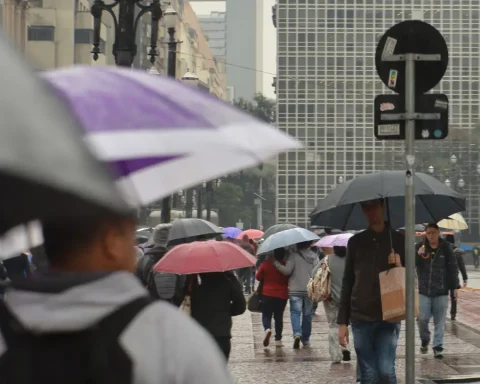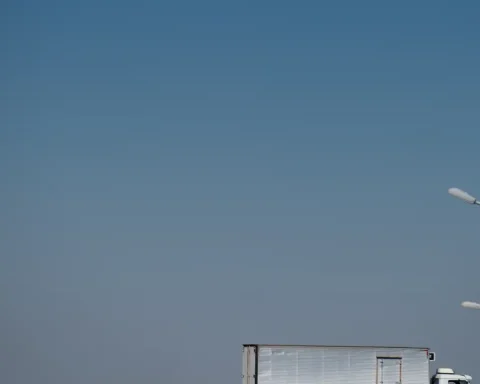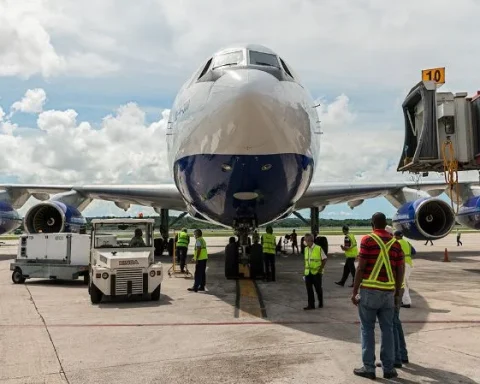A floating photovoltaic solar plant will be installed by the company Neoenergia in the water mirror of Açude do Xaréu, in the archipelago of Fernando de Noronha. The reservoir has an area of about 4,400 square meters and belongs to Companhia Pernambucana de Saneamento (Compesa), the largest consumer of energy on the island.
“They consume 18% of the energy at our Noronha plant. By placing this new plant on the water surface, we will save 50% of Compesa’s consumption. It is important because this will reduce the generation on the island and, therefore, will have an impact on the environmental part of Noronha”, he said today (31) to the Brazil Agency the superintendent of Energy Efficiency at Neoenergia, Ana Christina Mascarenhas.
According to her, the objective is to reduce consumption on the archipelago, which largely uses diesel, a polluting fuel.
The floating solar plant will also contribute to decarbonization and sustainability in Fernando de Noronha, promoting a reduction of 1,663 tons of carbon dioxide (CO2) emitted annually in the archipelago, which is recognized by the United Nations Educational, Scientific and Cultural Organization. (Unesco) as a Natural Heritage of Humanity. The island’s average consumption is 2,300 megawatt hours (MWh) per month.
The new plant will have an investment of over R$ 10 million, estimated Ana Christina. Its start-up is scheduled for the second half of 2023. The bidding process has not yet been concluded and proposals are being received for the construction of the new plant, which will have a power of around 630 kilowatt-peak (kWp) and an estimated generation of 1,238 MWh per year. Ana recalled that the floating solar plant will generate energy for immediate consumption by Compesa, which works 24 hours a day to desalinate sea water.
Bicycles and electric vehicles
The superintendent stressed that the floating solar plant is incorporated into other sustainable projects developed by the company on the island, through the Noronha Sustainable Energy Program, which provides renewable energy solutions and encourages the preservation of the ecosystem.
Among the initiatives is the Usina Solar Vacaria, which is part of the Green Trail, an electric mobility project. The unit, already inaugurated, has a power of 50 kWp, with an estimated generation of 75 MWh/year.
Ten project vehicles have already been incorporated into tourism activities, district administration and Neoenergia’s operation on the island. Two more will be delivered in the next few days. The cars will be fueled by 12 new charging points provided for in the project and which will be installed in strategic locations on the island.
Also aiming at sustainable mobility, the company will install electric bicycle charging stations. Use is recommended not only for locals, but also for tourists. It is planned to install four bicycle charging stations in strategic places, such as beaches. Chargers can be used free of charge.
The energy consumed by the equipment will be generated through solar panels installed on the roof of the structures. These structures will be donated to the state government for energy savings. The system is expected to start operating by the end of this year.
Each of the four stations will have six connections, totaling 24 charging points. Two common outlets will be installed to recharge other models of equipment.
















